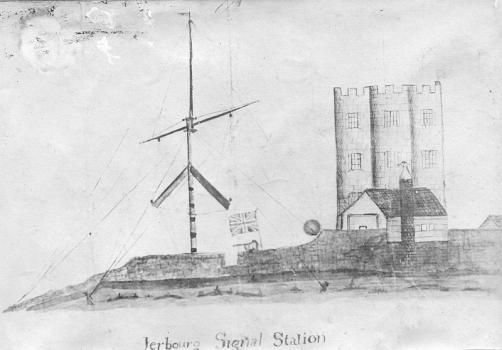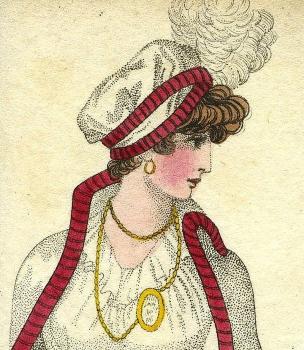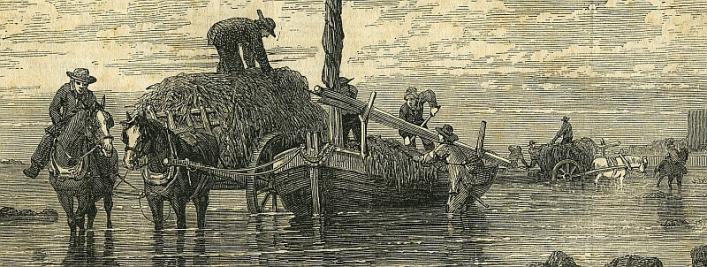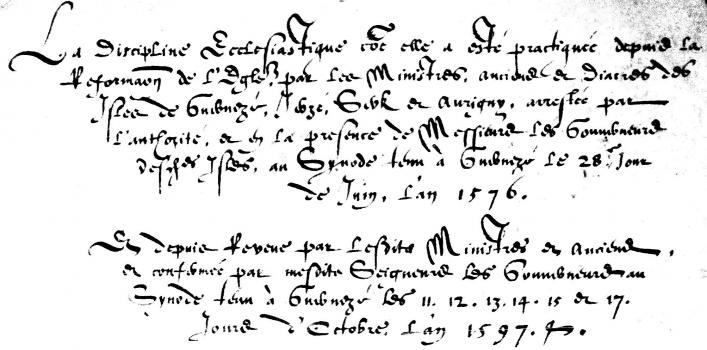Jerbourg Signal Station and the Saumarez Tower
The story of a picture in our collection, rather than a book; a black-and-white photograph of a watercolour showing Jerbourg Signal Station. Behind the signal-post is Saumarez Tower, the only known representation of this short-lived landmark. A copy of this watercolour is in the possession of the Guernsey Museum. In that picture, the roofs and the small cylindrical tower are shown as red. The photograph, taken at the behest of Captain Philip de Saumarez, was lent a century ago to local historian Edith Carey by Mrs Ozanne, the artist's descendant, and placed in one of Miss Carey's scrapbooks, now at the Library.




